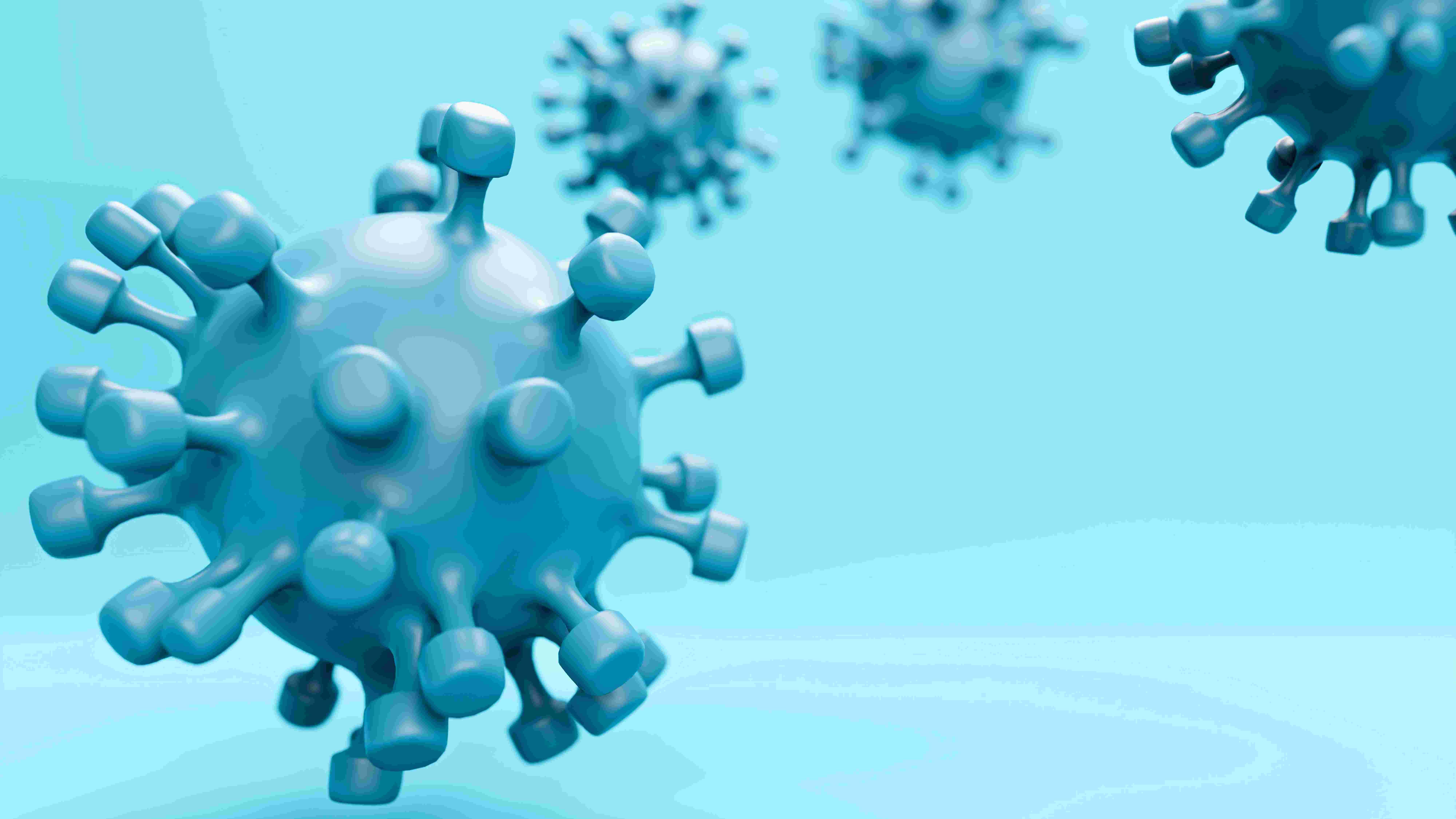
As autumn approaches, the risk of respiratory virus infections increases. This article will introduce you to three common respiratory viruses: COVID-19, Respiratory Syncytial Virus (RSV), and influenza (flu), as well as how to prevent, identify, and treat these viral infections. Understanding these viruses and taking appropriate preventive measures can significantly reduce your risk of infection and help protect those around you.
COVID-19
COVID-19, caused by the SARS-CoV-2 virus, continues to be a global health concern. While current variants generally cause milder illness compared to earlier strains, they can still lead to severe complications, especially in high-risk individuals. Long COVID remains a concern, with symptoms persisting for weeks or months after infection.
New COVID-19 vaccines are now available, and vaccination remains a crucial preventive measure. If you've recently had COVID-19, it's advisable to wait at least 4 months before getting a booster shot. High-risk groups (over 65, those with underlying health conditions, or immunocompromised individuals) who haven't had COVID-19 in the past 4-6 months should consider getting vaccinated immediately. Those not in high-risk groups can choose to get vaccinated now or wait until later in the fall.
For COVID-19 treatment, antiviral medications like Paxlovid and remdesivir are available for high-risk patients. However, these should only be taken under medical supervision. Most cases can be managed at home with rest, hydration, and over-the-counter medications for symptom relief.
RSV (Respiratory Syncytial Virus)
RSV is particularly dangerous for infants, young children, and older adults. It can cause severe respiratory infections, including bronchiolitis and pneumonia. In recent years, RSV seasons have become less predictable, emphasizing the importance of vaccination for vulnerable groups.
The RSV vaccine is recommended for people60 and older, with a strong recommendation for those over 75. Importantly, the RSV vaccine doesn't require annual shots; a single dose is sufficient. This makes it an efficient way to protect against this potentially serious virus.
Unlike COVID-19 and flu, there are no specific antiviral treatments for RSV. Management typically involves supportive care, including ensuring adequate hydration, using saline nasal drops, and employing humidifiers to ease congestion. In severe cases, hospitalization may be necessary for oxygen therapy or other supportive measures.
Influenza (Flu)
Seasonal flu remains a significant health threat, especially for young children, older adults, and those with compromised immune systems. Annual vaccination is crucial as flu viruses constantly evolve, requiring updated vaccines each year.
The ideal time for flu vaccination is October, in preparation for the November/December flu peak. For those over 65, recent studies suggest that the adjuvanted flu vaccine (Fluad) may be more effective. It's important to note that flu vaccines can be safely administered alongside COVID-19 and RSV vaccines, although spacing them a week apart may help minimize side effects.
For influenza treatment, antiviral medications such as oseltamivir (Tamiflu) and baloxavir marboxil (Xofluza) can be effective if administered early in the course of illness, ideally within 48 hours of symptom onset. These medications can reduce symptom duration and severity, but should only be taken under medical advice.
Additional Protection Against Viral Illness
Beyond vaccination and basic hygiene, several measures can enhance your defense against respiratory viruses. Optimize your immune system through regular exercise, a balanced diet, stress management, and adequate sleep. Consider immune-supporting supplements like Vitamin D, C, and Zinc, after consulting your healthcare provider. Improve indoor air quality with proper ventilation and air purifiers. Practice respiratory etiquette by covering coughs and sneezes. Stay informed about local virus activity and maintain social connections safely. Keep a supply of masks, hand sanitizers, and over-the-counter medications at home. These additional steps, combined with vaccines and standard hygiene, create a robust defense against respiratory illnesses.
Q&A
Q: How can I tell if I have COVID-19, RSV, or the flu?
A: These viruses often present with similar symptoms, including cough, fever, and body aches. Accurate diagnosis requires testing, typically through PCR tests or rapid antigen tests. If you're experiencing symptoms, it's best to consult with a healthcare provider for proper diagnosis and treatment.
Q: What can I do to prevent getting sick?
A: Vaccination is the most effective prevention method. Additionally, practicing good hygiene (frequent hand washing, avoiding touching your face), maintaining a healthy lifestyle (adequate sleep, balanced diet, regular exercise), and avoiding close contact with sick individuals can help reduce your risk of infection.
Q: When should I seek medical attention?
A: While most respiratory infections can be managed at home, you should seek immediate medical care if you experience difficulty breathing, persistent chest pain, confusion, inability to stay awake, or bluish lips or face.
Q: Are there any home remedies that can help with symptoms?
A: Yes, several over-the-counter options can provide relief. Saline nasal sprays can help clear congestion, pain relievers like ibuprofen or acetaminophen can reduce fever and body aches, and staying well-hydrated is crucial. However, these remedies don't cure the viral infection itself and won't shorten its duration.
In conclusion, respiratory viruses pose significant health risks, but with proper prevention strategies and timely treatment, we can minimize their impact. Vaccination, good hygiene practices, and maintaining overall health are key to protecting ourselves and our communities. Remember, if you're experiencing severe symptoms or are in a high-risk group, don't hesitate to seek medical advice. By staying informed and taking proactive measures, we can navigate the respiratory virus season more safely and confidently.







Post comments